Menu

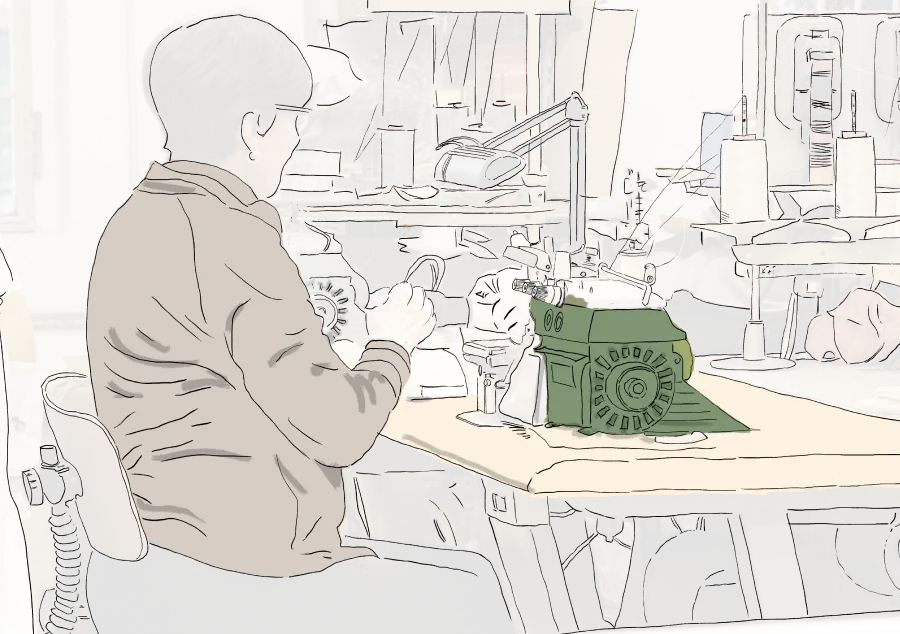
In our current post-industrial scenario, we are constantly prompted to consider the most urgent actions needed to reduce the impact of our choices on the planet.
The extraordinary inventiveness of the human race has led to incredible innovations that now define our everyday lives. Simultaneously, it has generated needs that were previously unimaginable, often not as essential as they seem.
Undoubtedly, economic growth has improved average living conditions, at least in certain parts of the globe, compared to the early 20th century. To believe it, just ask our grandparents.
Better conditions and greater economic availability in general, a newfound enthusiasm combined with previously unforeseeable availability.
The post-war period was characterized by a social and economic resurgence that led to significant investments, increased production, and the subsequent constant need to optimize costs to offer increasingly competitive and widely affordable products.
A perfect combination that progressively led to the outsourcing of entire production chains, initially local, in favor of continuous cost savings and relatively higher profits.
The more we produced, the more production chains were outsourced, and the more revenues increased..
The race to find the best supplier, the best and one might wonder, most responsibleproduction chain was on.
As production volumes skyrocketed, prices contracted, and skillfully placed marketing induced unrealistic needs. The die was cast.
Products designed to be disposable (or almost) were born, triggering a series of devastating side effects.
Si Excessive quantities of goods were produced both those we needed (food, clothing, etc.) and those we didn't truly require. The impacts of this approach often led overproductions harmful effects on the environment, society, and individuals.
For those who overconsume there are clearly those who overproduce, this over (over-production e overconsumption, as they say in English, is so massive that products often become waste even before they are used.
The issue is massive, underestimated (or concealed) for years, and now we witness imbalances and results that give us the sensation that our individual actions cannot bring about tangible change. However, that's not the case.
Let's now focus on the sector we know best, namely the textile industry.
Years of work experience have brought us an awareness of overproduction and the demands of various brands that aren't very considerate of their environmental impacts. These are issues we have experienced firsthand and with some regret.
Behind the catwalks and storefronts lies a powerful sector that gives voice to a cultural, identifying, and creative expression of society. Yet, it also conceals evident contradictions and a touch of insincerity, to be honest.
As you may have seen in the Rai documentary, Il verde è di moda aired in May 2023 (here's the link), the issue of communication characterized by ethical messages and seemingly pro-environmental content with vague and unquantifiable aspects (green-washing) is a prime example of how to sweep dust under the rug, as well as an increasingly widespread technique of unfair marketing.
Carefully planned strategies of massive and outsourced production, misleading and hard-to-verify information contribute to devastating entire geographical areas and the families within them while giving final customers the feeling of doing the right thing, or rather, making the right purchase.
A rightness that doesn't seem to concern several brands and influencer or, at least, doesn't touch them so closely.
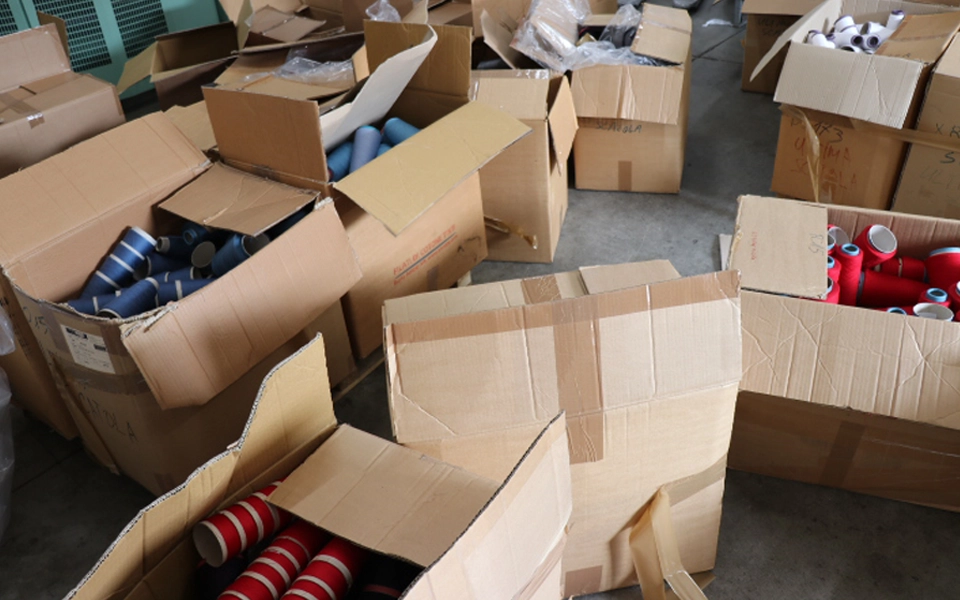
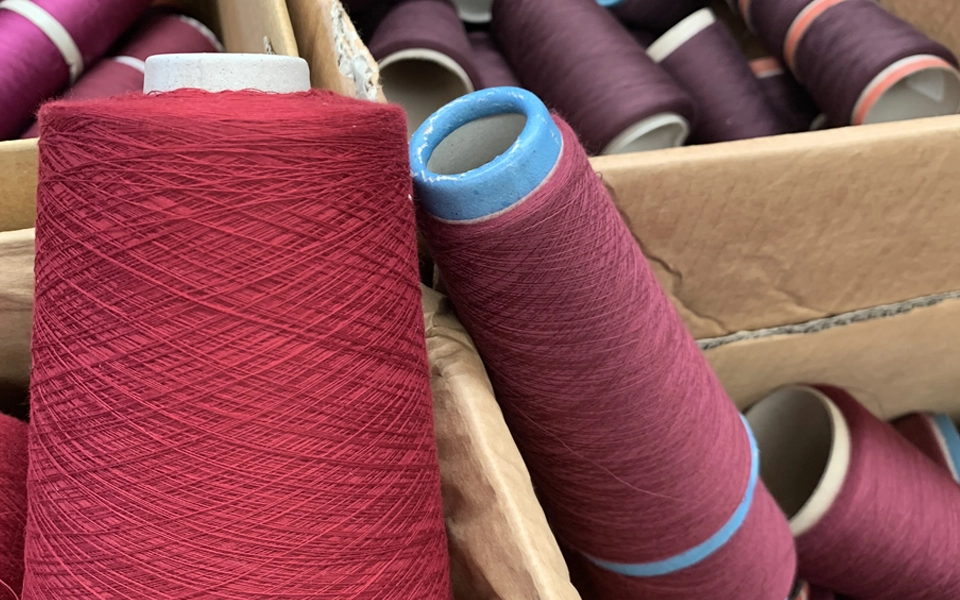
This article delves into the topic of clothing overproduction di abbigliamento e di and how it's possible to envision a different future, perhaps one that is slower and more focused on quality.
The causes can be initially attributed to the rise of the fast-fashion system in the late 1980s and early 1990s, but not exclusively.
Driven by fast consumption and motivated by aggressive sales policies, we have lost sight of reasonableness and necessity.
According to research by the Ellen MacArthur Foundation, in the textile sector alone, the equivalent of $500 billion worth of clothes are produced, purchased, worn, and discarded every year!
This has led us to produce items we don't really need, to the extent that they often become waste before they are even consumed; we're talking about new, unsold products that are thrown away..
A spontaneous question arises.
Who pays for everything that's produced, not bought, and discarded?
Any profit-oriented company cannot disregard these costs, so they adapt by minimizing process costs and applying a high profit margin—so high that it can cover unsold items.
Well, when a finished product is sold for a few euros and has been manufactured on the other side of the world, the numbers don't seem to add up. Don't you think?
We've highlighted these important themes to underline the imbalances these activities create in the environment and society: pollution, insane logistical movements, resource exploitation, human exploitation, and a short product lifecycle can't be the direction to continue operating in.
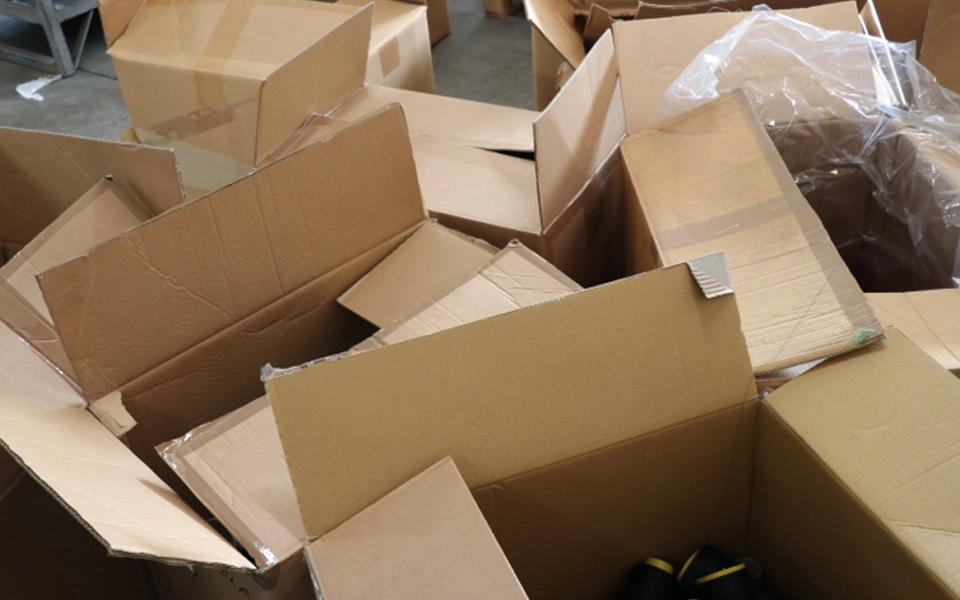
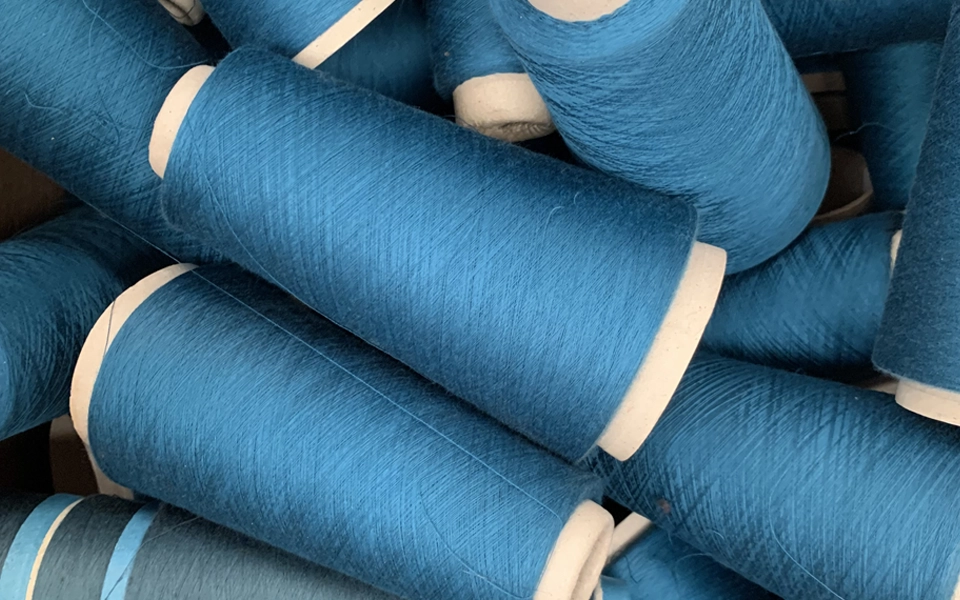
As long as production volume remains the global economic driver, businesses will continuously compress their margins, reducing the possibility of both business and social development.
This will lead to creating an imbalance between supply chains the healthy, innovative that are mindful of their impacts, and outsourced companies that are uncontrollable and conceal opaque production practices.
In our view, this creates a significant imbalance and an effectively impossible market competition due to incomparable transformation costs.
The high investments required for adhering to high production standards in terms of emissions containment and promoting healthy social contexts affect the value and price of products, making them uncompetitive compared to other regions of the world where people and the environment are continually exploited and crushed.
So now, how can we reverse this trend?
Much starts with all of us becoming aware. da parte di tutti noi.
Understanding that the problem truly exists and affects all of us is the first step to take action.
Our task is to analyze and propose alternatives that encompass social, economic, and environmental well-being.
The frequently term mentioned these days"happy degrowth"a concept that makes entrepreneurs shudder in some ways, as it departs from what has characterized economic growth up until now.
Degrowth departs from policies linked to increasing the Gross Domestic Product (GDP), instead focusing more on human well-being, environmental sustainability, and quality of life.
Finding a new balance is a significant challenge and a great opportunity.
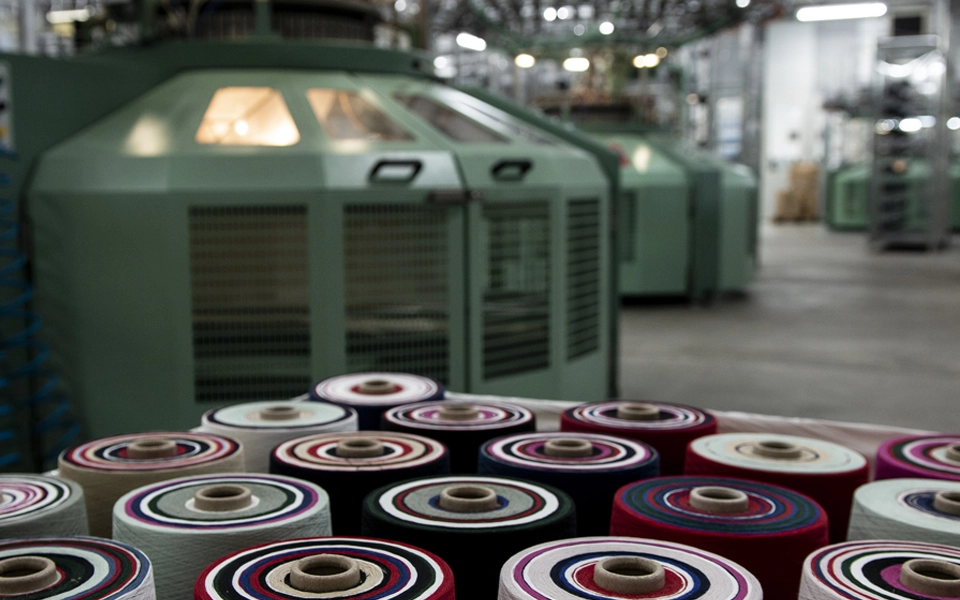
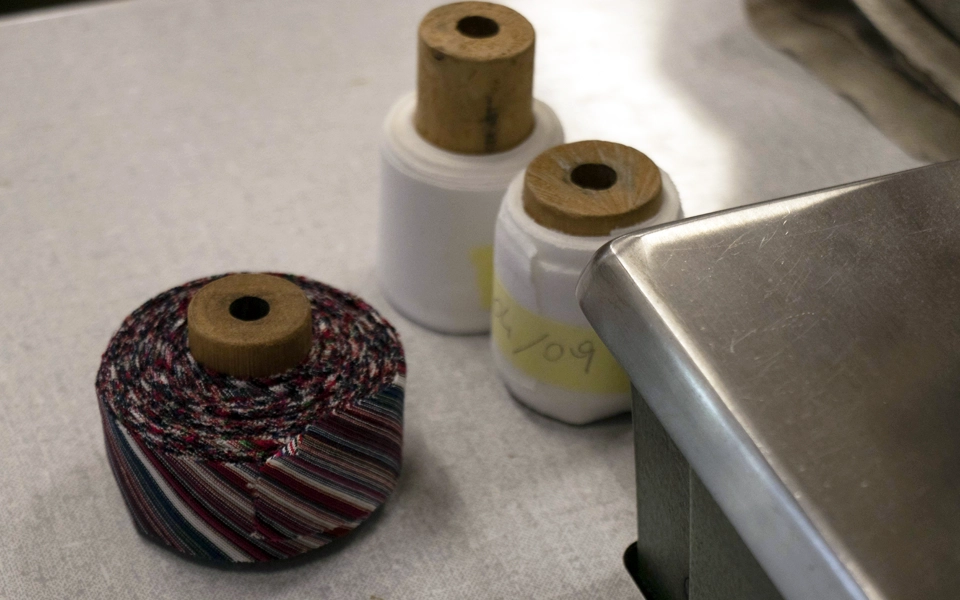
From our perspective, a model aligned with these principles can be achieved through localized supply chains, returning to collaborate with the local community, getting to know the producers, and participating in the decisions made. Not relying on others for inspections and verifications; we, as individual private citizens, are the best quality certifiers. Not relying on others for inspections and verifications, we, as individual private citizens, are the best quality certifiers.
It's estimated that in the production of a t-shirt, at least 30% (and sometimes even higher percentages, disregarding quality) of materials are discarded in the processes between cultivation and the creation of the finished garment. These quantities add to the now-famous 11 kg of textile waste per capita for European citizens annually, bringing it to 15/16 kg of textile waste per year.
Companies are therefore faced with the challenge of transitioning from quantity-focused business models to quality-oriented ones, in the holistic sense of the term.
Following these reflections, deeply rooted in the genesis of the La Methode project, we've compiled a short list of topics to reflect upon and act on:
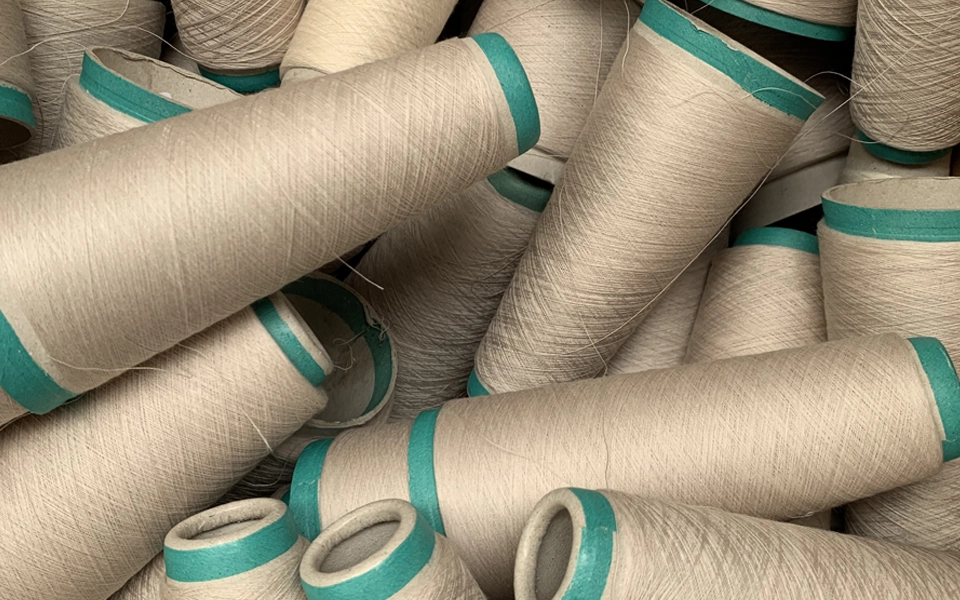

This mindset represents our mission.
By producing only on demand, we take a firm step towards an ecosystem that we strongly believe in. This approach drastically reduces waste and scraps, favoring their management and, most importantly, their reuse.
We stand in contrast to the current market trend, where immediate purchases and products arriving at our homes before we even have a real need for them (see anticipatory marketinghave become the norm.
Will this model continue to work? Is it what we truly need?
How is it possible that products arrive before we register a genuine need for them?
Choosing garments made directly by manufacturers and ordering their production is a strong and decisive act in favor of both supply chains and the environment.
We will return to a slower system and thewaiting will be rewarding, because we will receive something we truly need, crafted with care in Italy by people we can get to know and engage with.
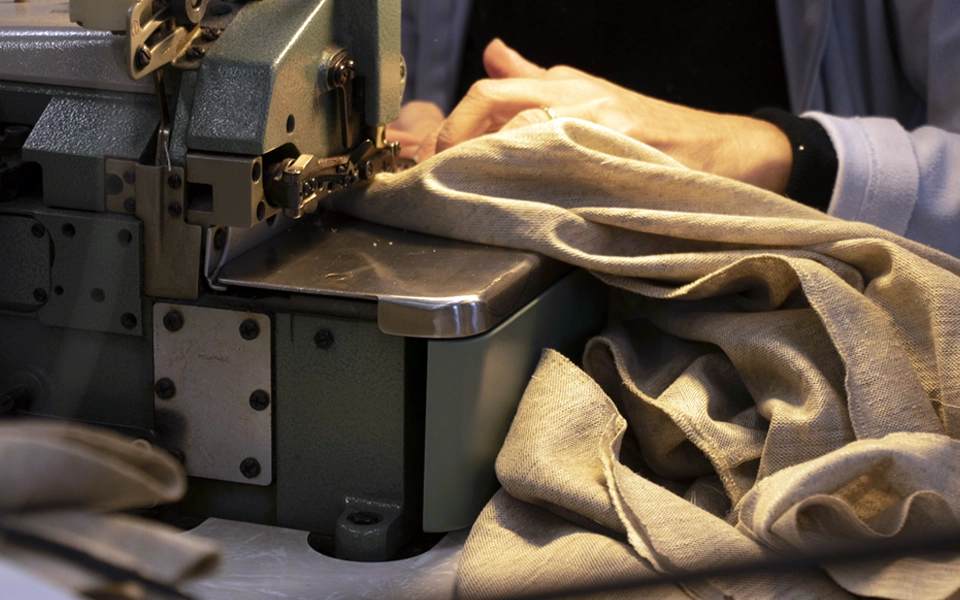
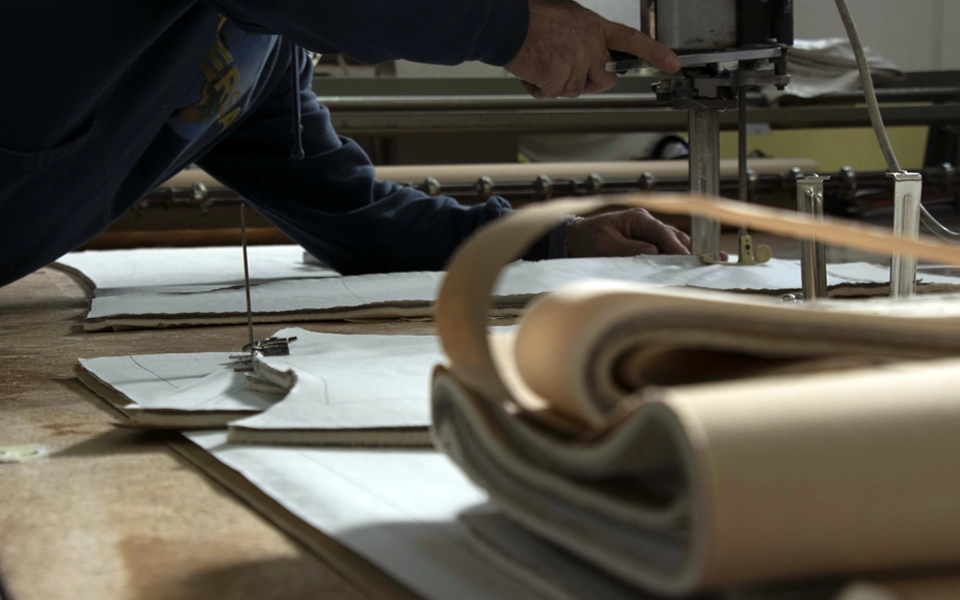
Producing on demand enables companies to avoid investing money in unsold items, returns, or products that turn into waste. It frees up resources to invest in selecting raw materialsand reusing discarded yarns or fabrics thus enabling control over all the inputs and outputs linked to the processes. Additionally, the quantities produced are destined for an end customer, not a retailer, and therefore potentially headed for a shelf!
Currently, it takes about a month to create a product, encompassing weaving, finishing, and artisanal packaging.
The companies we collaborate with are family-run and located within a 100 km radius of our headquarters.
All of them represent excellence in the industry, and we can certify that their processes are conducted ethically.
We believe that this model can help change the course, envisioning a future that is more local, authentic, and of higher quality.